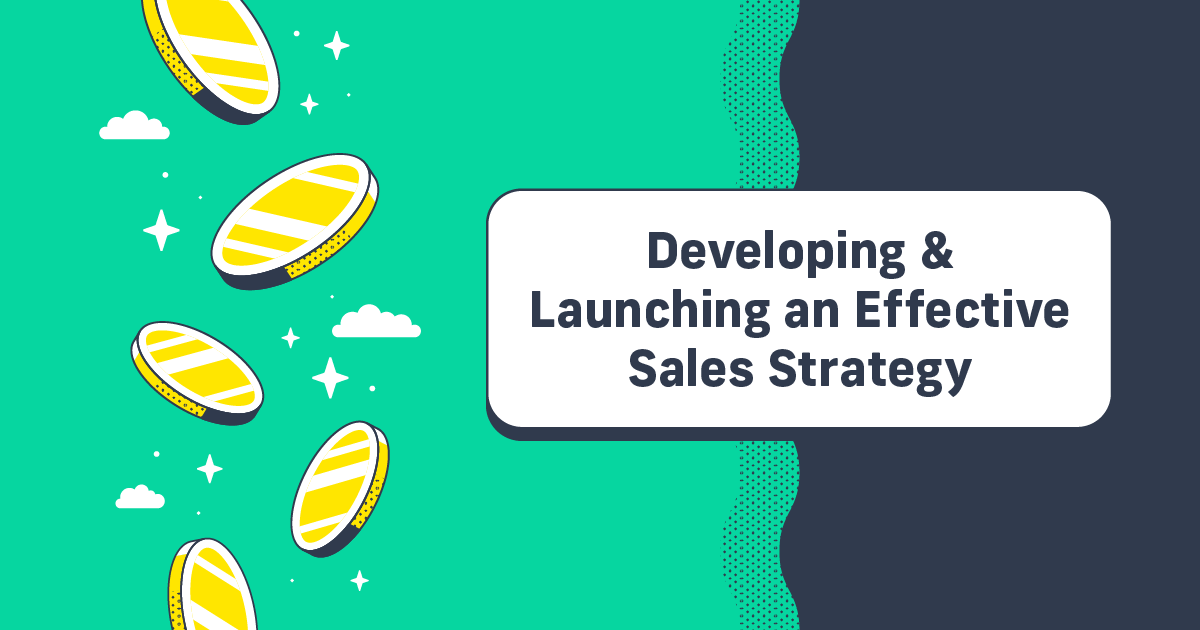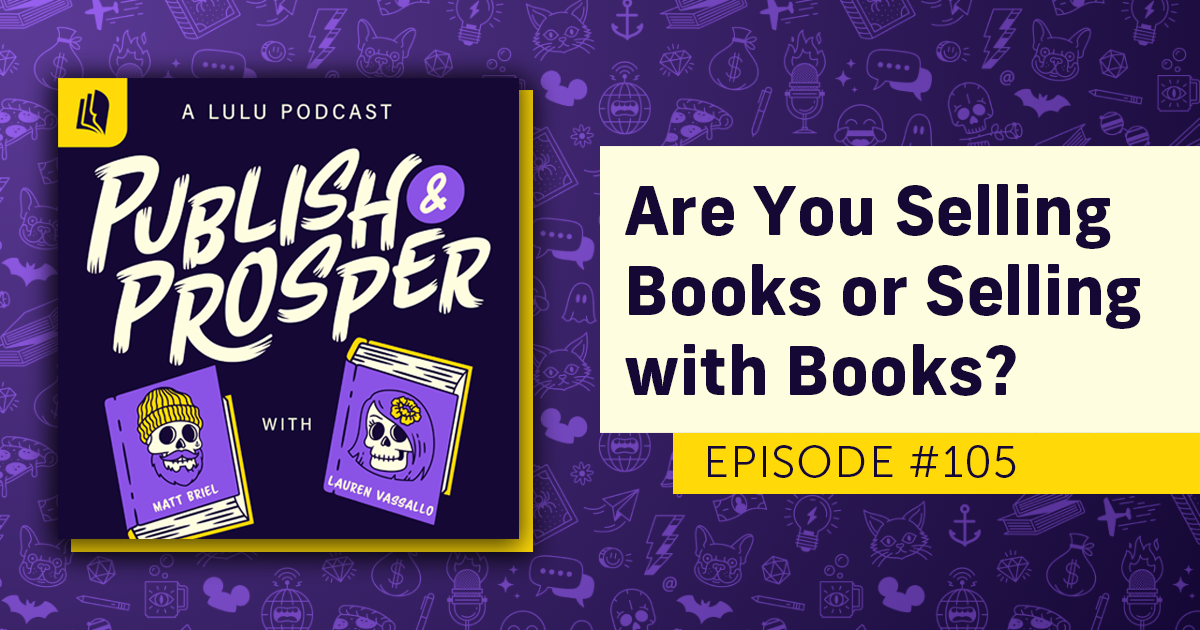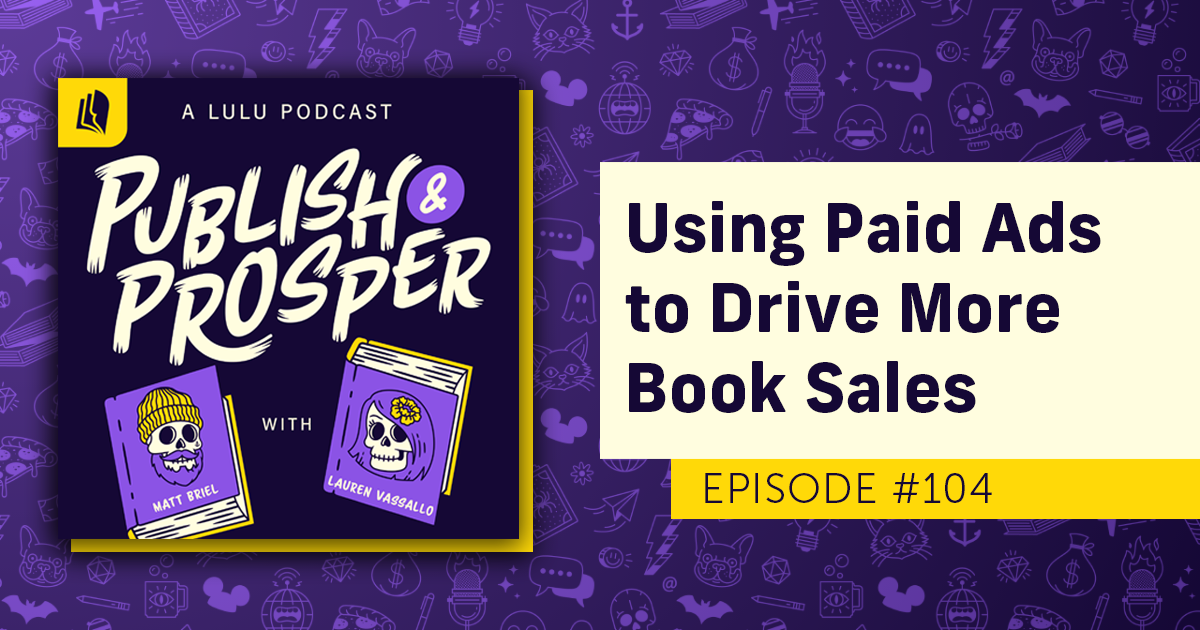SEO for Your Author Website
Search Engine Optimization, commonly referred to as SEO, is the practice of creating web content that machines (like Google) can easily find and categorize. Thinking about SEO for your author website is critical when developing your marketing plan. Yes, a rich SEO strategy takes a lot of time and work; but with a few simple updates and creative thinking, you can ensure your website is easily seen by search engines.
The first step is to understand the two aspects of modern optimization; technical and content SEO.
Technical SEO is really technical. It’s also the less important path forward for most authors. So let’s start there.
What Is Technical SEO?
At it’s heart, technical SEO aims to maximize exposure to the average 5.5 billion searches per day that Google handles through the design and coding of your site. And yeah, that’s billions of searches. Per day.
People search a lot.
According to Internet Live Stats, there are over 1.7 billion sites, and 56 billion pages active on the web today for those searchers to comb through.
To begin with, you have to have a site that search engines can easily view and understand. That means building the site to be easily ‘scraped’ by the robots deployed by companies like Google. These robots are constantly looking at websites and gathering details that help connect searchers to the best results.
There’s a simple analogy to writing here. Imagine you wrote a book. You’re allowed to give some specific kinds of details about the book to another person. That person will then use the information you provided to find people who might be interested in your book. That’s basically how web searching works.
Building For Discoverability
Here’s a quick list of the most important elements you’ll need for an author website that search engines can easily crawl:
Design Elements
These include your HTML (what’s on the site), CSS (how the site looks), and Javascript (how the site acts/reacts). If you’re using a service like WordPress, Wix, or Shopify that offers simple site builders, the majority of this will be handled on their end.
Moz offers a great, in-depth look at all three in their Beginner SEO guide.
You can avoid most of the coding side of design by using an out-of-the-box solution like WordPress. But if you have a problem (say slow load speeds), tools like Google’s Lighthouse (you can use it here) will provide some very technical answers. So you may want to at least familiarize yourself with some basic coding principles while improving SEO for your author website.

Create Your Book
Use Lulu's free templates to easily create and publish your book today.
Schema
Also largely handled by your service providers, Schema is a collaborative effort to create a structure for information on the web. Schema provides a structure for how you should create, primarily using HTML, in a way that search engines can easily read.
Search engines favor sites that run fast and are clear in their purpose because people tend to find those sites more useful. Schema is just one more way that you can serve up your content in a way that search engines can easily read.
Metadata
Yup, just like your book’s metadata, websites have this data about data too! Each page has a meta title and description, as well as associated keywords. You can see this on any web page by Inspecting the page or using Command+Option+C (Mac) or Control+Shift+C (Windows) in a Chrome browser.
Here you can see the title and description for the Lulu Blog’s home page.

You’ll need to set this title and description for every page on your site and you should do so with search terms in mind (we’ll get into keyword research soon). In particular, if you have a blog on your author website, be sure to provide a detailed and specific title and description for the page.
Tags & Alt Text
Have you ever gone to a website and seen this:

The ‘Img 20151029 142520’ is called Alt Text. If an image doesn’t load for any reason, the user will see the Alt Text instead. It’s important to give your images detailed alt text so a user can still understand what they should have seen, even though the image didn’t load.
Similarly, you can apply tags to pages and images. This matters the most for blogging content, but if you use a consistent set of tags, Google and other search engines will be able to see which pages share tags and understand how pages on your site are related.
Mobile First
When you’re setting up SEO for your author website, you have to think about mobile users first. Search engines prioritize mobile friendliness and, if all other factors are equal, a search engine will serve up a mobile friend site before one that is not optimized for your iPhone.
Getting Your Technical SEO Right
There’s a lot more than I just covered that you could get into. Canonical URLs. CSS and Javascript location on the page. Google’s Core Web Vitals.
But you’re not trying to take over Google. As an author, you just want to try to appear in searches that pertain to you, like ‘Your Name + book.’ Getting some of the most basic design elements of your site right will help make that happen.
SEO and Content
Alright, the boring technical stuff is out of the way. Now let’s cover the content SEO for your author website!
This comes with a big caveat: what search engines look for in content changes. Regularly. Google in particular is well known for updating its algorithm and effectively undoing whole swathes of SEO work.
That said, there is one thread that has been consistently important and effective for content: quality. So let’s start there.
Produce Quality Content
In this, you’re in luck. You’re already a writer and blogging is a great way to develop a presence online. A writer’s skills align terrifically well with web content creation.
The first step is to identify what you’ll write about generally. Pick 3 to 5 topic categories. Since you’re an author, this might be something like this:
- Writing Advice
- Publishing Tips
- Book Marketing
Now you’ll need to create some content in those categories using SEO best practices. Here’s my formula for planning a blog topic:
- Start with an idea and write it out as a phrase or question. Something like “How do I finish my novel?”
- Use tools like Moz or Answer the Public to perform keyword research (more on this next).
- Make a list of keywords that relate to your question.
- Look at Moz’s top SERP results and read the top 3 articles
- Create a target keyword—in this example, I would use something like ‘Finish My Novel’
With the topic established, the next step is to decide on a format. You could do a list or a How-to guide or long-form mega-guide or really anything you can imagine. Lists and guides tend to perform better when it comes to appearing in search though, so I caution against being experimental.

Your Free Lulu Account
Create a Lulu Account today to print and publish your book for readers all around the world
Keywords: Research
Back in the day, search engines tried to match a search term (say, “ducks in hats”) with the frequency that term appeared in whole or part on a site. If I had a website that was literally just the term “ducks in hats” 10,000 times, a search engine would serve up my site first.
Not terribly useful if the person searching actually wants ducks in hats though.
As search engines have improved, they’ve begun to measure searcher’s intent. That’s a complicated thing to measure, so it’s never exactly right. And it leaves room for you, as a content creator, to help the search engines.
Back the above example, let’s say I have a post titled “10 Tricks That Helped Me Finish My Novel.” The goal of this article is to help others finish their novel and in doing so help them see you as an authority on writing. The final link in this chain would be a book purchase from your author website, but SEO is more concerned with getting them to your site.
So if you’re writing a blog about finishing a novel, you’d start by putting the keyword into Moz’s Keyword Explorer or a similar tool for keyword research. Make a list of related terms.
You’ll also want to open an incognito window and do some searches with your terms. Read the top hits (don’t read the ones marked as Ads though) and look for more keywords or themes you can use.
Finally, make a comprehensive list of the keywords you want to use.
Keywords: Implementation
With your list ready, draft your content. If you’re creating a blog, you’ll probably write out paragraphs of content. For site pages, you’ll need to be a little more conservative, but you still need to find ways to work in your keywords.
This is the trickiest balancing act of content SEO for your author website. You can’t just repeat the keywords over and over; search engines will see this and it will hurt your ranking. But you want to weave those terms in naturally.
And in the process, you want to create a page (or post) that searchers will find valuable. Quality is the one thing that will not change; if people who do find your site read everything you produce, link to other pages on your site, or buy your book, search engines will take note.
The Big Picture
For well-known brands, SEO is a constant battle. Getting visibility for hundreds of relevant search terms means more traffic, which means more income.
But as an independent author, you can’t act like a huge brand. Your SEO strategy for your author website should focus on a few, specific searches. Start with the most relevant terms like your name and the title of your books.
That might seem over-simplified. It’s not. Refining your website to very clearly identify you and your books means updating copy across the site, adding metadata to each page, properly adding alt text to all the images, and building a category/tag structure for your blog.
Prime SEO for Your Author Website: Blogging
I’ve said it multiple times; blogging is a great idea for authors. There are some alternatives, such as YouTube or Podcasting and if you’re more comfortable creating that kind of content, you might be well served to do so. But in general, writers should write and a blog can be a goldmine for SEO content.
Blogging offers you an opportunity to bring together several keywords and phrases searchers are using and layer them all into your own content. If you create useful blogs, answer questions thoroughly and accurately, and appeal to readers, there’s a good chance you can build your search ranking.
Finding a Balance
Search Engine Optimization is a huge subject with hundreds of books written about it. From coding to content there’s just so much that you might consider.
I argue that for authors, the important thing to do is to focus on content. Start by building your author website with some simple SEO best practices and utilize whatever tools your platform offers. But don’t get too hung up maximizing load speeds or perfecting canonical URLs.
As an author, you’re uniquely well-positioned to focus on creating quality content. That means spending time optimizing the blurb on your book’s page, your About page, and home page Headings. And having a content plan, whether that be a blog, videos, podcasts, or something else; and optimizing that content very intentionally.
Even a little bit of SEO optimization and draw new readers to your site and lead to a bigger following, email signups, and book sales.




